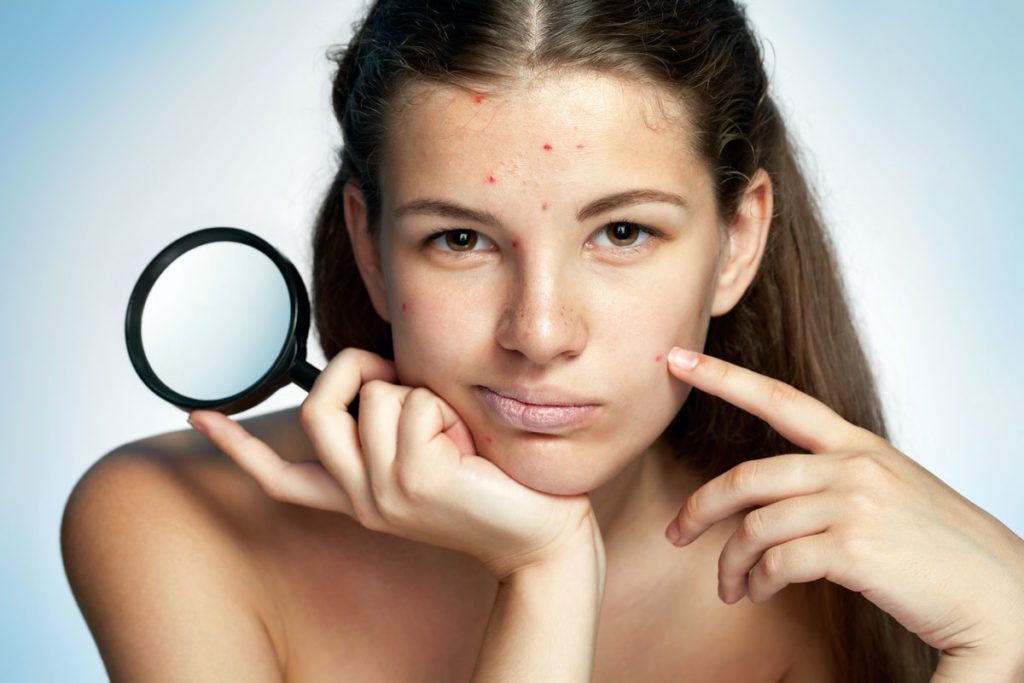Meet with one of our Dermalogica skincare experts that will evaluate your teen’s skin and guide them through a treatment that can correct skin problems ie acne breakouts and oily skin and prescribe a home regimen that will lead to clearer skin in the future. This event is hands-on with award-winning Dermalogica products to promote skin health and resolve skin issues.
Teen Skin Care Workshop
Wednesday, April 13th, 5pm–7pm
Come take a lesson from our licensed Dermalogica experts on how to perfect your skincare routine for clear, healthy skin all year long. Aria’s Teen Skin Care Workshop will feature facial demonstrations by Dermalogica pros to help guide young adults step-by-step through the essential elements of a teenage-centric skincare routine. Dermalogica Facial Mapping for each participant will provide a foundation for building healthy habits that can be easily recreated at home. Workshop participants will also be eligible for a special day of discounts on Aria’s proven Acne Elimination Program.
Scientifically speaking
The Management of Teenage Acne by Dr. Claudia Aguirre
Acne scars can last a lifetime. Often, it is the emotional scars that stay behind, leaving a legacy of distress and body image issues. There is no greater time of psychological vulnerability than the period of adolescence. Teens are hypersensitive to changes in their bodies and appearance, marking this as the single most important event in a person’s emotional maturity. And as acne is the most frequently visible skin disease in adolescence, it highlights the importance of controlling this disease from an early age.
How does it occur?
Acne vulgaris affects as much as 80% of teens…but how does it happen? If it were simple, we’d have a straightforward solution (and a cure!). Science is yet to uncover the cause, but it likely begins with a teen’s genetic makeup and immune system, which are then triggered by external factors such as diet1,3 and hormonal changes. What about P. acnes bacteria? There are over 1000 strains of P. acnes, and new research has unveiled ‘good’ P. acnes bacteria that provides a natural defense in the skin,2 so bacteria alone is not a cause of acne. Although increased sebum is associated with acne, sebum on its own is no skin foe. It actually has anti-inflammatory and anti-microbial properties; but when it plugs up a follicle, it can trigger a comedone or even worse, an inflammatory zit.
Teen acne vs. adult acne
As a result of the still-maturing adolescent skin, follicular cornification and desquamation is not able to handle the excess toll of puberty-induced sebum, resulting in plugged follicles. This environment provides the perfect environment for P. acnes to colonize, break down the lipids and cause inflammation. So while adult acne appears to be mostly ‘hormonal,’ teen acne results from a combination of genetics, immature skin and lifestyle factors.

